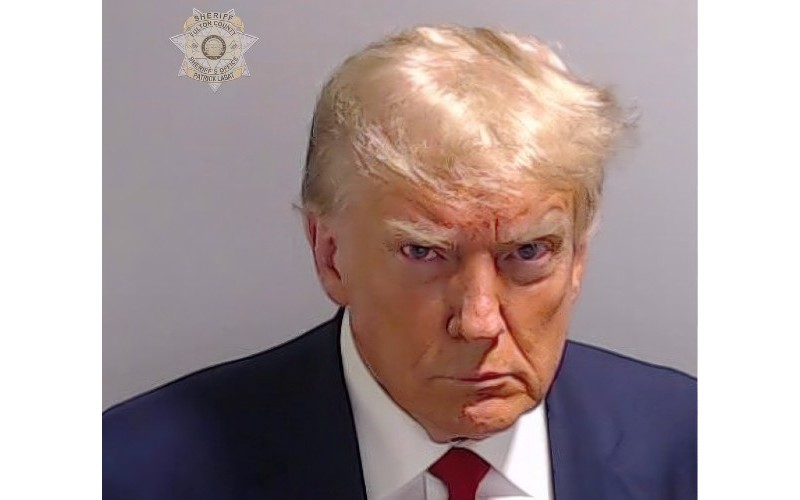When the topic of election integrity and/or voter fraud comes up, thoughts often turn to Michigan, Pennsylvania, and the like. But Arizona is also considered a battleground state for the 2024 election a little more than two months away.
In a three-part decision on Thursday, the Court denied a stay request by the Republican National Committee to reinstate a ban on voting in the presidential election without proof of citizenship – even if voters used the federal registration form which does not carry a proof-of-citizenship requirement. The Court also denied the RNC’s request that mail-in voting require proof of citizenship.
However, the Court granted the RNC’s request to reinstate a proof-of-citizenship requirement for voters who registered using the state form. The RNC sought help from the Supreme Court against a lower-court ruling that would have no citizenship proof for either form or registration or for mail-in voting.
Former White House attorney Ken Klukowski said on Washington Watch Friday that he expects the case will make it back to the High Court in late 2025 or early 2026.

“Each of the justices can still vote a different way when the appeal finally reaches them on the merits, but for purposes of the 2024 election, which is right around the corner, no one is going to need to present proof of citizenship,” he told show host Joseph Backholm.
The only time proof of citizenship will be required is when registering to vote in a state election. “They will not need it in order to cast a ballot or get a mail-in ballot for early voting,” Klukowski said.
Both sides claimed victory. “A seismic win in the fight to stop non-citizens from voting – more to come!” RNC chairman Michael Whatley wrote on X.
Democratic elections attorney Marc Elias also staked out the high ground, calling it a “major victory for voting rights and Arizona voters. I’m proud of the work my team did to secure a big court victory at this critical time,” he wrote.
The history of citizenship proof
Confusion in Arizona dates back to 2004, Klukowski explained. That’s when the state passed a law requiring proof of citizenship to participate in an election.
However, a federal agency, the Election Assistance Commission, by law has the authority to create a federal registration that can be used by citizens in any state. The Supreme Court upheld the EAC’s authority in 2013.
In 2022 the Arizona legislature passed a law requiring proof of citizenship for state and federal elections and for mail-in voting.
Another 5-4 decision
Amy Howe at SCOTUSblog.com explained how the justices were divided in the decision:
"The vote was 5-4. In a brief unsigned order, three of the court’s conservative justices – Clarence Thomas, Samuel Alito, and Neil Gorsuch – indicated that they would have granted the RNC’s application to fully reinstate the law.
"Four other justices – Sonia Sotomayor, Elena Kagan, Amy Coney Barrett, and Ketanji Brown Jackson – indicated that they would have denied the RNC’s request in its entirety, keeping in place a ruling by a federal district court in Arizona blocking the state from enforcing the law.
"Chief Justice John Roberts and Justice Brett Kavanaugh did not publicly signal how they voted, but they must have provided the two remaining votes necessary to revive the portion of the law dealing with the state form."
The case is Republican National Committee v. Mi Familia Vota.







